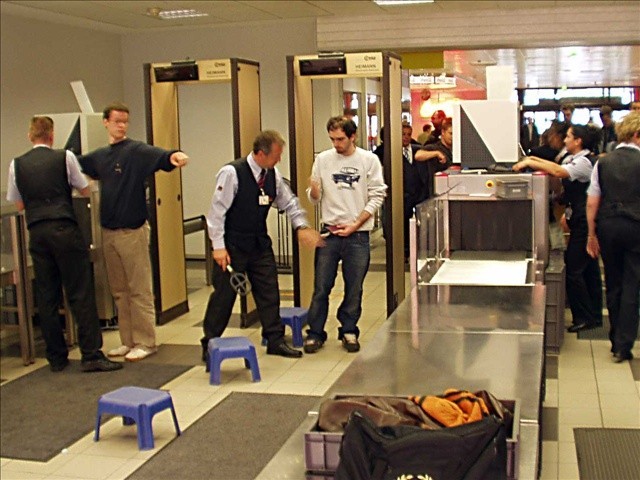WASHINGTON (AP) -- The head of the Transportation Security Administration told lawmakers Thursday he stands by his plan to allow passengers to carry small knives onto planes despite a growing backlash against the proposal.
It's unlikely in these days of hardened cockpit doors and other preventative measures that the small folding knives could be used by terrorists to take over a plane, TSA Administrator John Pistole told a hearing of the House Homeland Security Committee.
On the other hand, searching for the knives on passengers or in their carry-on bags is time consuming, Pistole said. TSA screeners confiscate about 2,000 such knives every day, with each incident chewing up about two to three minutes, he said.
"I think the decision is solid and it stands and we plan to move forward," Pistole said.
The policy, which goes into effect April 25, has sparked strong opposition from flight attendants, federal air marshals, some pilot unions, aviation insurers and even some airline CEOS. In the hands of the wrong passengers, the knives present an unnecessary safety risk to flight attendants and other passengers, critics say.
Several members of the House committee said they share those concerns, and urged Pistole to reconsider his position.
Besides knives, the policy will also allow passengers to include in their carry-on luggage novelty-size baseball bats less than 24 inches (610 millimeters) long, toy plastic bats, billiard cues, ski poles, hockey sticks, lacrosse sticks and two golf clubs. Items like box cutters and razor blades are still prohibited.
Knives permitted under the policy must be able to fold up and have blades that are 2.36 inches (60 millimeters) or less in length and are less than a half-inch (127 millimeters) wide. The policy is aimed at allowing passengers to carry pen knives, corkscrews with small blades and other small knives
There has been a gradual easing of some of the security measures applied to airline passengers after the Sept. 11, 2001, terrorist attacks. The new policy mostly conforms U.S. security standards to international standards and allows the TSA to concentrate its energies on more serious safety threats, Pistole said.
Friday
August 8th, 2025
5:56PM









